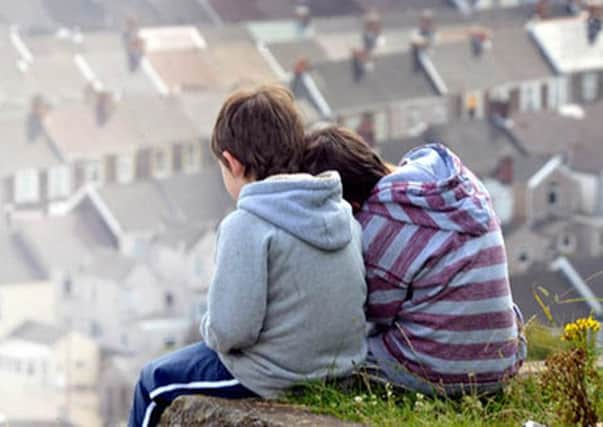YP Comment: Poverty posers


There will be those who survived the Great Depression, or have listened to the recollections of their forebears, who will think that today’s generation has never had it so good. Equally others think it is morally reprehensible that there are children being brought up in extreme hardship, their family unable to feed or clothe them properly, when Britain boasts the world’s fifth largest economy.
Of course, the data produced by the End Child Poverty coalition carries a caveat. By excluding housing from the methodology that was used to calculate ‘poverty’ levels, its figures have even more shock value ahead of this month’s Autumn Statement when Philip Hammond, the Chancellor, will come under pressure to lift spending restrictions on child poverty. He’s unlikely to do so – Britain is still spending far beyond its means – but this should not prevent a mature cross-party dialogue on how to identify, and help, the most impoverished youngsters. It’s not easy, particularly in those bleak circumstances where the children concerned are being brought up in dysfunctional homes because their parents have abdicated all responsibility.
Advertisement
Hide AdAdvertisement
Hide AdYet society – whether it be the welfare system or concerned citizens – owes it to the country to reach out to such youngsters, like those whose clothing is literally falling apart, to see what more can be done to assist. The regret is the extent to which compassion has become so party political. This should not be so; it’s about doing the right thing for those who can’t fend for themselves through no fault of their own.